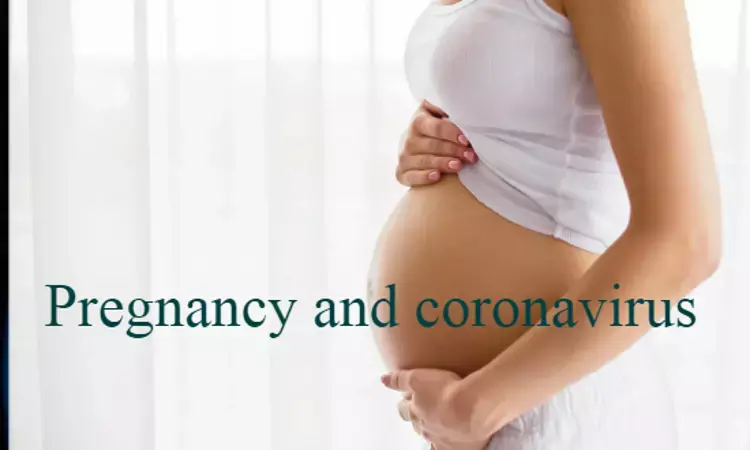- Home
- Medical news & Guidelines
- Anesthesiology
- Cardiology and CTVS
- Critical Care
- Dentistry
- Dermatology
- Diabetes and Endocrinology
- ENT
- Gastroenterology
- Medicine
- Nephrology
- Neurology
- Obstretics-Gynaecology
- Oncology
- Ophthalmology
- Orthopaedics
- Pediatrics-Neonatology
- Psychiatry
- Pulmonology
- Radiology
- Surgery
- Urology
- Laboratory Medicine
- Diet
- Nursing
- Paramedical
- Physiotherapy
- Health news
- Fact Check
- Bone Health Fact Check
- Brain Health Fact Check
- Cancer Related Fact Check
- Child Care Fact Check
- Dental and oral health fact check
- Diabetes and metabolic health fact check
- Diet and Nutrition Fact Check
- Eye and ENT Care Fact Check
- Fitness fact check
- Gut health fact check
- Heart health fact check
- Kidney health fact check
- Medical education fact check
- Men's health fact check
- Respiratory fact check
- Skin and hair care fact check
- Vaccine and Immunization fact check
- Women's health fact check
- AYUSH
- State News
- Andaman and Nicobar Islands
- Andhra Pradesh
- Arunachal Pradesh
- Assam
- Bihar
- Chandigarh
- Chattisgarh
- Dadra and Nagar Haveli
- Daman and Diu
- Delhi
- Goa
- Gujarat
- Haryana
- Himachal Pradesh
- Jammu & Kashmir
- Jharkhand
- Karnataka
- Kerala
- Ladakh
- Lakshadweep
- Madhya Pradesh
- Maharashtra
- Manipur
- Meghalaya
- Mizoram
- Nagaland
- Odisha
- Puducherry
- Punjab
- Rajasthan
- Sikkim
- Tamil Nadu
- Telangana
- Tripura
- Uttar Pradesh
- Uttrakhand
- West Bengal
- Medical Education
- Industry
Guidelines for pregnant women with suspected COVID -19 published in Lancet

New Delhi: A recent article in the journal LANCET has provided guidelines for pregnant women with suspected SARS-CoV-2 infection
Coronaviruses responsible for severe acute respiratory syndrome (SARS) and Middle East respiratory syndrome (MERS) can cause severe adverse pregnancy outcomes, such as miscarriage, premature delivery, intrauterine growth restriction, and maternal death
Vertical transmission of the virus responsible for 2019 novel coronavirus disease (COVID-19), severe acute respiratory syndrome coronavirus 2 (SARS-CoV-2), has not yet been detected, whereas perinatal transmission has been suspected in one case.
Consequences of infection with SARS-CoV-2 for pregnancies are uncertain, with no evidence so far of severe outcomes for mothers and infants; however, the possibility should be considered. The recent experience with Zika virus suggests that when a new pathogen emerges, the health-care community should be prepared for the worst-case scenario. Therefore, recommendations for the management of pregnant women at risk of SARS-CoV-2 infection are urgently needed. To this end, authors propose a detailed management algorithm for health-care providers
This algorithm can be accessed by clicking on the following link
In the algorithm, authors have suggested the following
1) Any pregnant woman who has traveled in a country affected by SARS-CoV-2 within the previous 14 days or who has had close contact with a patient with confirmed SARS-CoV-2 infection should be tested with a SARS-CoV-2 nucleic acid amplification test,6 even if asymptomatic.
2) Pregnant women with laboratory-confirmed SARS-CoV-2 infection who are asymptomatic should be self-monitored at home for clinical features of COVID-19 for at least 14 days. These patients and those recovering from mild illness should be monitored with bimonthly fetal growth ultrasounds and Doppler assessments because of the potential risk for intrauterine growth restriction.
3) Pregnant women with COVID-19 pneumonia should be managed by a multidisciplinary team at a tertiary care center. When quick Sepsis-related Organ Failure Assessment criteria are met, the patient should be transferred to an intensive care unit.
4) For pregnant women with confirmed infection, the choice of delivery timing should be individualized depending on the week of gestation and maternal, fetal, and delivery conditions. Whenever possible, vaginal delivery via induction of labor, with eventual instrumental delivery to avoid maternal exhaustion, should be favored to avoid unnecessary surgical complications in an already sick patient. Septic shock, acute organ failure, or fetal distress should prompt emergency cesarean delivery (or termination if legal before fetal viability).
5) Newborns of mothers positive for SARS-CoV-2 should be isolated for at least 14 days or until viral shedding clears, during which time direct breastfeeding is not recommended.
These recommendations should be adapted to local health-care facilities, as well as in response to any further updates on SARS-CoV-2 and COVID-19.
For more details click on the link: https://doi.org/10.1016/S1473-3099(20)30157-2
Hina Zahid Joined Medical Dialogue in 2017 with a passion to work as a Reporter. She coordinates with various national and international journals and association and covers all the stories related to Medical guidelines, Medical Journals, rare medical surgeries as well as all the updates in the medical field. Email: editorial@medicaldialogues.in. Contact no. 011-43720751
Dr Kamal Kant Kohli-MBBS, DTCD- a chest specialist with more than 30 years of practice and a flair for writing clinical articles, Dr Kamal Kant Kohli joined Medical Dialogues as a Chief Editor of Medical News. Besides writing articles, as an editor, he proofreads and verifies all the medical content published on Medical Dialogues including those coming from journals, studies,medical conferences,guidelines etc. Email: drkohli@medicaldialogues.in. Contact no. 011-43720751


